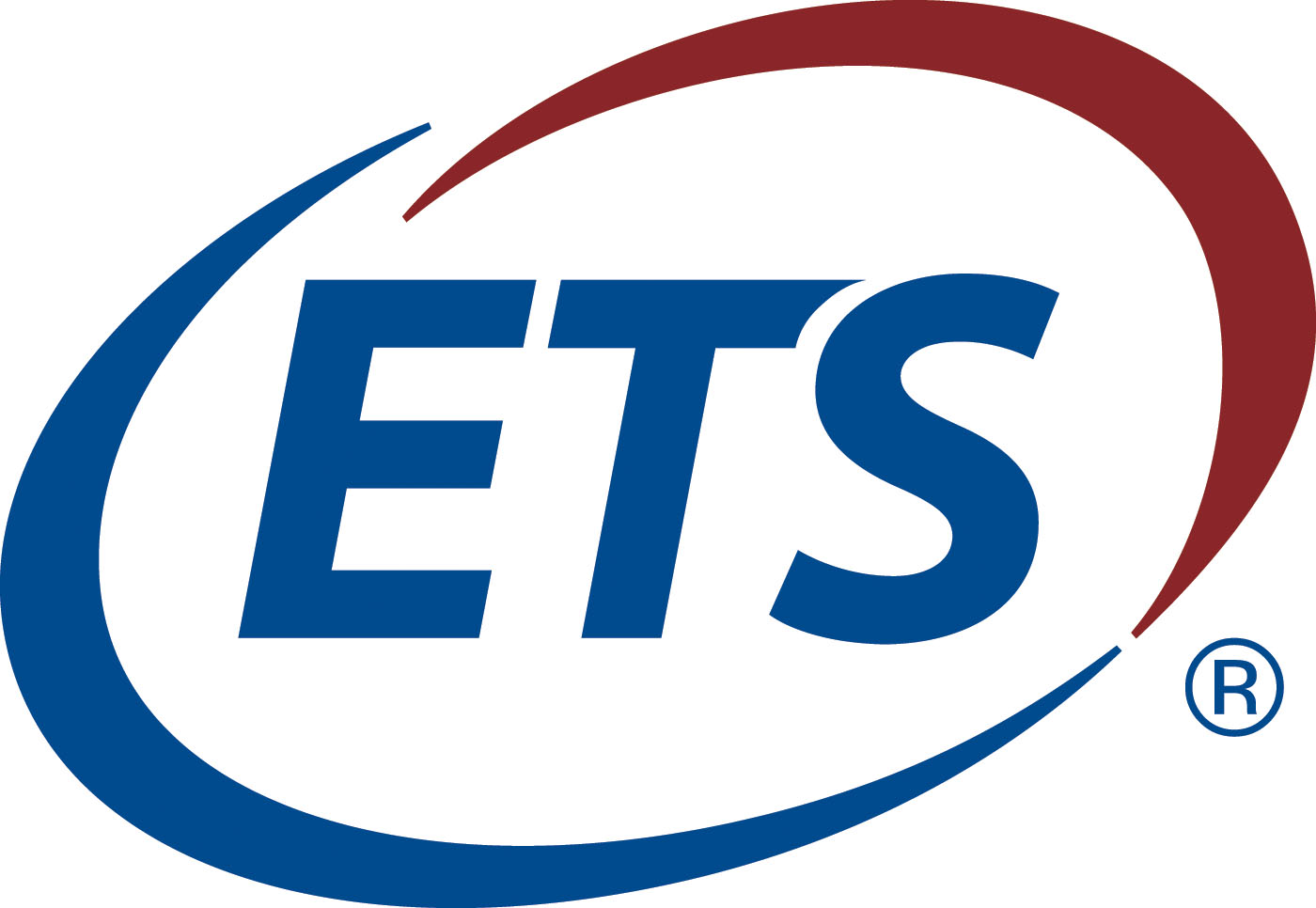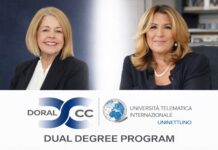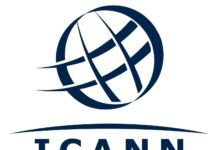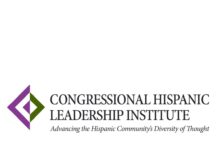PRINCETON, New Jersey, Jan. 27, 2016 /PRNewswire-HISPANIC PR WIRE/ — Access to opportunity shaped our nation’s past and defines its future. Opportunity has always been intangible, but for too many Americans, it’s becoming invisible. If access continues to constrict to the few, the affluent and the well-connected, America’s future is at risk.
Logo – http://photos.prnewswire.com/prnh/20120110/DC33419LOGO
As individuals — and as a nation — we need deeper and more honest conversations about the nature and magnitude of the crisis of opportunity in America and its long-term implications. A new report released today, Choosing Our Future: A Story of Opportunity in America, examines the forces that are constraining opportunities for tens of millions of Americans and calls for a renewed national dialogue about how to address this problem.
For the past several years, ETS — the world’s leading nonprofit educational research and assessment organization — has been convening discussions with a national advisory panel to analyze the dynamics that impact opportunity in America. Along with the release of the report, ETS is also publishing an edited volume, The Dynamics of Opportunity in America: Evidence and Perspectives, with chapters written by leaders from a range of fields including economics, education, demography and political science.
“We believe strongly that it is not only time to deepen and broaden the conversation, but to advocate for effective solutions,” says Irwin Kirsch of ETS, an author of the report. “To understand this issue is to be compelled by it, and in publishing these two works, we hope to advance the national conversation about why we must take action now and how best to do so.”
Research indicates that the growing opportunity crisis is not specific to any particular region or racial group — it is truly national in scope. If these disparities were confined to this generation alone, it would be concerning enough. But there is evidence that the accumulation of advantage or disadvantage experienced by one generation is increasingly passed along to the next. As a result, life outcomes are increasingly dependent on circumstances of birth.
“If, as a nation, we do nothing, then we will continue to drift apart, placing an unsustainable strain on the nation’s social fabric and the character of our democracy,” says Henry Braun of Boston College, also an author of the report. “Understanding the dynamics governing the distribution and transmission of opportunity — and transforming this understanding into policies and programs — is critical for not only the life outcomes of individual Americans and their children, but also the country as a whole.”
Both works are being published as part of The ETS Opportunity Project. For more information visit opportunityproject.ets.org. You can also join the conversation on Twitter®@ETSopportunity and Facebook®.
About ETS
At ETS, we advance quality and equity in education for people worldwide by creating assessments based on rigorous research. ETS serves individuals, educational institutions and government agencies by providing customized solutions for teacher certification, English language learning, and elementary, secondary and postsecondary education, and by conducting education research, analysis and policy studies. Founded as a nonprofit in 1947, ETS develops, administers and scores more than 50 million tests annually — including the TOEFL® and TOEIC® tests, the GRE® tests and The Praxis Series® assessments — in more than 180 countries, at over 9,000 locations worldwide. www.ets.org
Irwin Kirsch is Tyler Chair in Large Scale Assessment and Director of the Center for Global Assessment at Educational Testing Service (ETS). Henry Braun is Boisi Professor of Education and Public Policy in the Lynch School of Education and Director of the Center for the Study of Testing, Evaluation and Education Policy at Boston College. Both are authors of the ETS policy report Choosing Our Future: A Story of Opportunity in America and editors of The Dynamics of Opportunity: Evidence and Perspectives.







